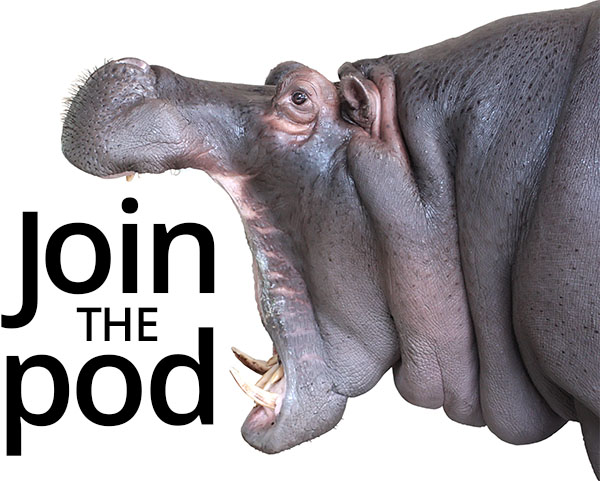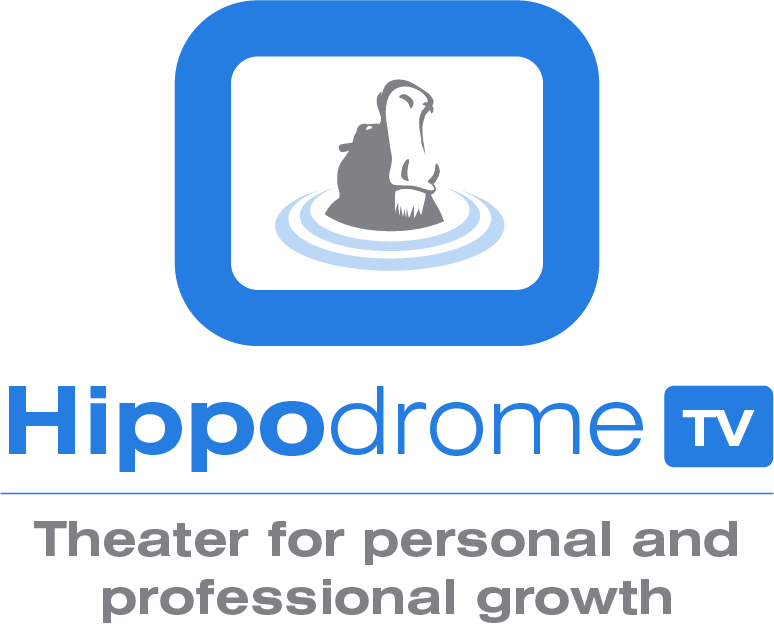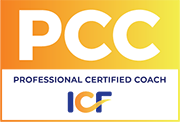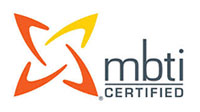10000 Hours or Something – thoughts on training, coaching, connection and The Beatles

10,000 hours. That’s what Malcolm Gladwell says it takes to become an expert, whether you’re the Beatles or Bill Gates. Many of you are fans of the writer and both his observations and research around the social and psychological exploration of data as well as the unexpected results on society that materialize from those explorations.
So, why share this perspective? I’m triangulating here so buckle up (a client said to me this week: “Joe’s always there to triangulate something!”) I had a wonderful surprise call from a college friend this week. We hadn’t talked in some time and I was looking forward to catching up during a break between group coaching sessions. To my surprise, he was very interested in my latest version of me, and we spent the better part of my break discussing coaching and training and what we’ve both experienced across our now long careers, post-collegiate. Waxing cynical about all of the collective programs we’ve passed through — the ones we’ve adopted and the others we’ve forgotten — our co-creative conversation came to a conclusion: it’s up to us as individuals to connect to the processes our respective organizations have chosen for success; and it’s up to coaches to assist us in connecting to them in light of the individuals we are.
I’ve believed this since I discovered formal, certified coaching a short two years ago. As I gained clarity as a professional coach, this is an area I started to see gaps. For example, when I work with management, I hear frequently that many new team members come from their training grounds lacking nuance and the ability to adapt to each situation. Let’s be fair, there is something in our lexicon called maturity (and I don’t mean you start showing up with polished shoes and ironed shirts to work). Specifically it’s the maturity + confidence + critical thinking skills to take all that has been learned in a program and apply it practically within the system. I tackled the idea around personal and professional development in a prior blog and frankly, my current raison d’etre exists in this realm. So my antennae are up. And what I am noticing more and more is this: like anything else this development takes practice, and we as managers, trainers, mentors and coaches have a responsibility to go beyond the process to serve our team members quest and need for growth.
Most every corporation or organization has some sort of commitment to training, mentoring, or coaching. Even the smallest companies partner their more experienced personnel with “the new guy” to ensure at least a minimum of unforced errors in the first 90 days. Others spend considerable amounts of money, resources and energy to create full-on institutes of development. These are amazing programs with talented teachers and tutors representing all facets of their businesses. And…are they effective? For me the answer is…yes, sometimes?
My experiences around “training” are both as a student of learning and as a facilitator of it. With no classical teaching background in education, I tread lightly, especially as the child of two professional educators, one still on the planet and prepared to defend her life’s work until the end, so please give me some space here!
These programs are absolutely necessary. (There, are we friends again Mom?) And so is appropriate coaching and mentoring to connect employees to these programs and systems. How employees are built as individuals and what they prefer in terms of how they take in and process information, package it and then push it back out into society is an important perspective that companies must be prepared to accept with patience and enthusiasm as they welcome each individual and their creative and resourceful “hack” into it.
I just spent the better part of a week with a group of young, emerging sales professionals. The range of expertise and tenure of this group was anywhere from a year down to four or five weeks. Excited, energetic, brash, eager, apprehensive, anxious and wanting more for themselves — and ultimately their prospective clients and employer — were evident in varying degrees. I call them “Sellennials.”
What I also observed is that Sellenials IMHO (total Sellenial suck up here) need and WANT this attention. They want us to notice them and witness their journey. Consequently, those of us who have blazed the trail before them must come to terms with our role as guide, mentor, coach and lead them from all directions. From the front, by the side, from behind and from the field, we need to hold the flashlight and them accountable. Their responsibility is to want this for themselves, because this stuff is hard and it takes practice.
Gladwell was right about the idea that if you want to become the Beatles you need to play for 10,000 hours. The questions for us is, do you want to “hold their hand,” start a “Revolution,” or just tell them to “get back to where they once belonged”? The way I see it, “don’t let me down,” because right now, it’s time to “come together.”
Be big. Be cool. Be hippo.
Ready to get started?









